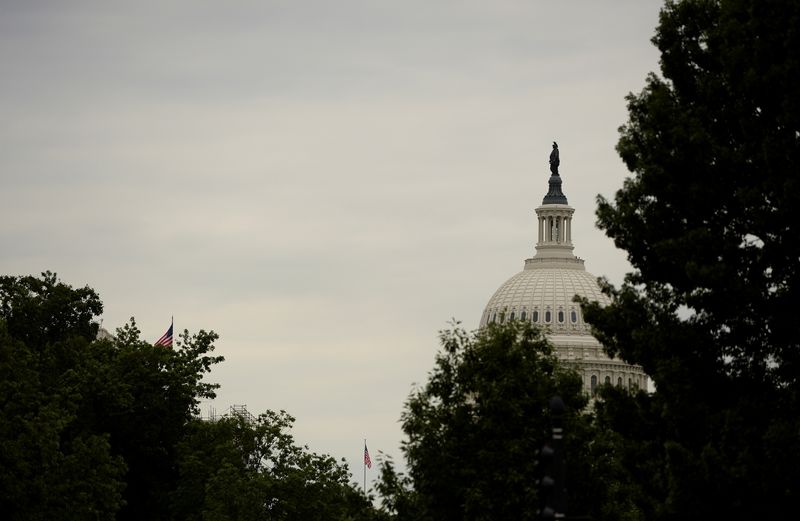US imposes a ban on Chinese chips and more
2022.12.06 12:36
[ad_1]

US imposes a ban on Chinese chips and more
Budrigannews.com – According to a recent draft seen by Reuters, U.S. senators have scaled back a proposal that would have placed new restrictions on the use of chips made in China by the U.S. government and its contractors. This was in response to opposition from trade groups like the U.S. Chamber of Commerce.
The move is the latest example of industry pointing out how such measures will raise costs to weaken proposals that aim to stifle China’s burgeoning tech sector.
In September, prominent Republican China hawk John Cornyn and top Senate Democrat Chuck Schumer presented a bill that would have required U.S. federal agencies and their contractors to stop using chips made by Chinese memory chip leaders YMTC and CXMT as well as semiconductors manufactured at China’s SMIC.
A new version of the law, which was published on December 1, no longer prohibits contractors from “using” the targeted chips and moves the compliance deadline back five years from the immediate or two-year implementation deadlines in the first version.
When asked to read portions of the new draft, federal contracting attorney Robyn Burrows stated, “This does not clearly prohibit contractors from themselves using covered semiconductor products.”
Companies from all over the world order SMIC chips for use in a wide range of products, including automobiles and cell phones. Chips are typically not labeled with the names of the companies that produce them, making it difficult to identify them.
The Chamber of Commerce and other trade groups criticized the measure, which was presented as an amendment to the National Defense Authorization Act (NDAA). In a letter from last month, they stated that it would be costly and challenging for businesses to determine whether SMIC manufactured the chips that are found in a wide variety of electronic devices.
In a letter signed by telecommunications and defense industry groups, the powerful U.S. business group argued that removing such chips from common appliances like toasters or requiring federal contractors like paper suppliers to undertake such a monumental task would not safeguard U.S. national security.
Politico first reported on the letter.
The revised measure may be included in the final package’s final language, which lawmakers are expected to announce later this week.
Schumer’s representatives did not respond to repeated requests for comment, and Cornyn’s office declined to comment. The Chinese Embassy in Washington, SMIC, YMTC, and CXMT, as well as the Chamber of Commerce, did not immediately respond to requests for comment.
The provision was modeled after the 2019 NDAA, which forbade the U.S. government and its contractors from utilizing telecom or video surveillance equipment manufactured by Huawei, ZTE (HK:), or other Chinese companies. Hytera, Dahua, or Hikvision
Companies are still having trouble adhering to the law because regulators have yet to finalize rules outlining the restrictions, a problem that the Chamber of Commerce referred to in its letter.
The most recent draft likewise limits the extent of the limitations, noticing they just apply to things bound for the public authority’s “basic frameworks,” which incorporates telecoms or data networks including knowledge exercises or order of military powers or weapons, among others.
The Trump administration put SMIC on the blacklist because it was worried that the company helped the Chinese military. The Commerce Department is looking into whether YMTC violated U.S. export controls by selling chips to Huawei Technologies Co Ltd, a Chinese telecom company that is on the blacklist, and it may soon be on the blacklist.
In an effort to stifle China’s efforts to supercharge its chip industry and ratchet up tensions with Beijing, the Commerce Department announced new export controls in October to restrict Chinese chipmakers’ access to U.S. chipmaking tools for creating the most advanced chips.








